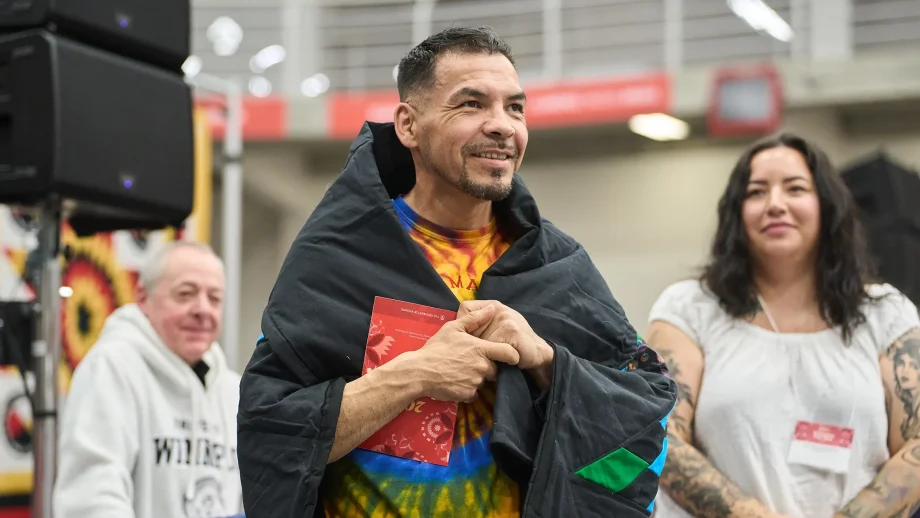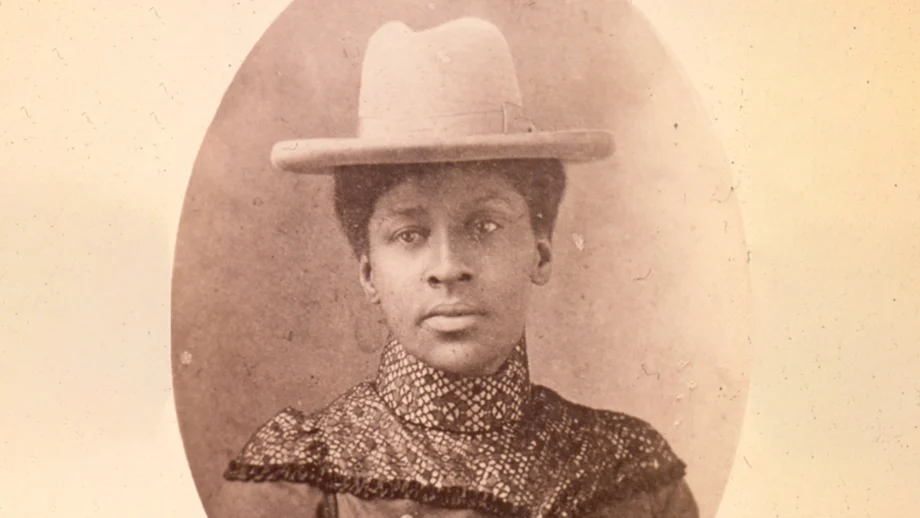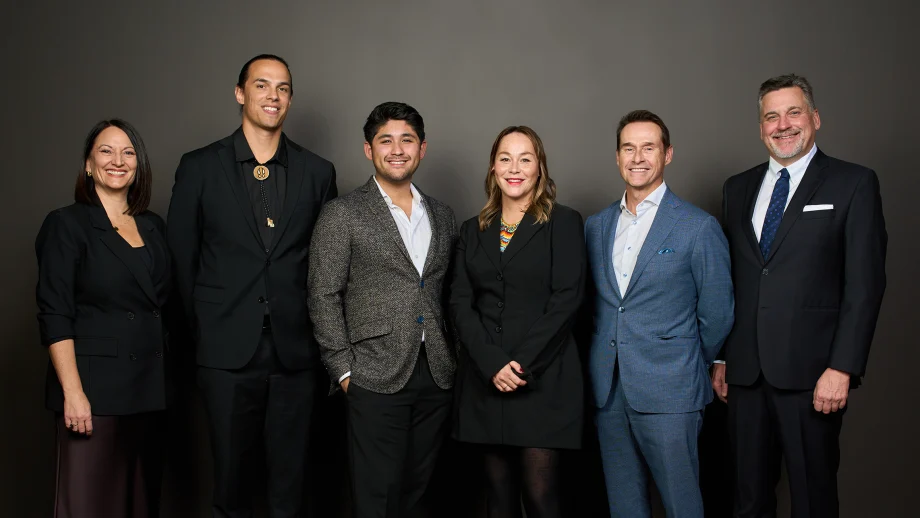For International, Immigrant, and Refugee Student Services (IIRSS), moving from in-person to remote working was a big adjustment.
Coordinator Iresha Hewa Wellalage says events make up a big part of how the department engages with students, but now with the ongoing COVID-19 pandemic, IIRSS has had to adjust the way they reach students here in Winnipeg and abroad.
“Immigration, Refugees, and Citizenship Canada is making changes on almost a weekly basis, and we must update students with changing rules and regulations related to working in Canada, travel, and study permits,” she noted.
One of the ways they reach international students abroad is through their Mentor Program.
Originally, the program was created to assist all first-year international students new to UWinnipeg. However, it’s now been changed to help students still overseas have an authentic university experience while taking courses online.
“They are home and don’t get to mingle with people, so they’re missing out on that social aspect of school and missing the cultural experience too,” Wellalage said. “For them to know they have someone to rely on — a friend — that’s a great experience.”
Himal Parekh has been a mentor for two years. The third-year Faculty of Kinesiology student from Zambia says joining the program was an easy decision, as he was once in the same position as his mentees.
“I feel like we all have the responsibility to make university a good experience for everyone,” he said. “Being able to see someone who came to Winnipeg and was afraid to talk to people, and then seeing them make friends… that’s very gratifying for me.”
Parehk says he’ll be using FaceTime and WhatsApp to communicate with his mentees during the spring term. While it’s a change from in-person interactions, there are still many things he can accomplish as a mentor through the online format.
“I won’t be able to show them around campus, how to find books at the library, or how to get gym memberships, but I can help them with things like finding an apartment or showing them popular places around the city by sending them links online,” he said.
Outside of this program, IIRSS is hosting academic advising and immigration webinars twice a week — one for international students in Winnipeg and international students who’ve yet to arrive.
Those webinars include access to advisors for questions related to registration, degree requirements, and major requirements, along with updating students with information about the changing rules and regulations for international students.
Wellalage notes the webinars have been so successful, IIRSS plans on continuing with them once everything returns to normal.
“People are used to the webinars now, so we will continue to offer it,” she said. “It was hard in the beginning to operate online, but we all got used to it and find it pretty convenient and time saving.”
So, what has IIRSS learned in the month and a half since in-person classes were cancelled?
While working from home has allowed for greater flexibility and increased productivity amongst the team, Wellalage says there’s always work to be done as Zoom calls can never replace the in-person help international students require.
“IIRSS is the fabric that holds together the threads which weave an international student’s journey, and COVID-19 has adversely affected this.”





